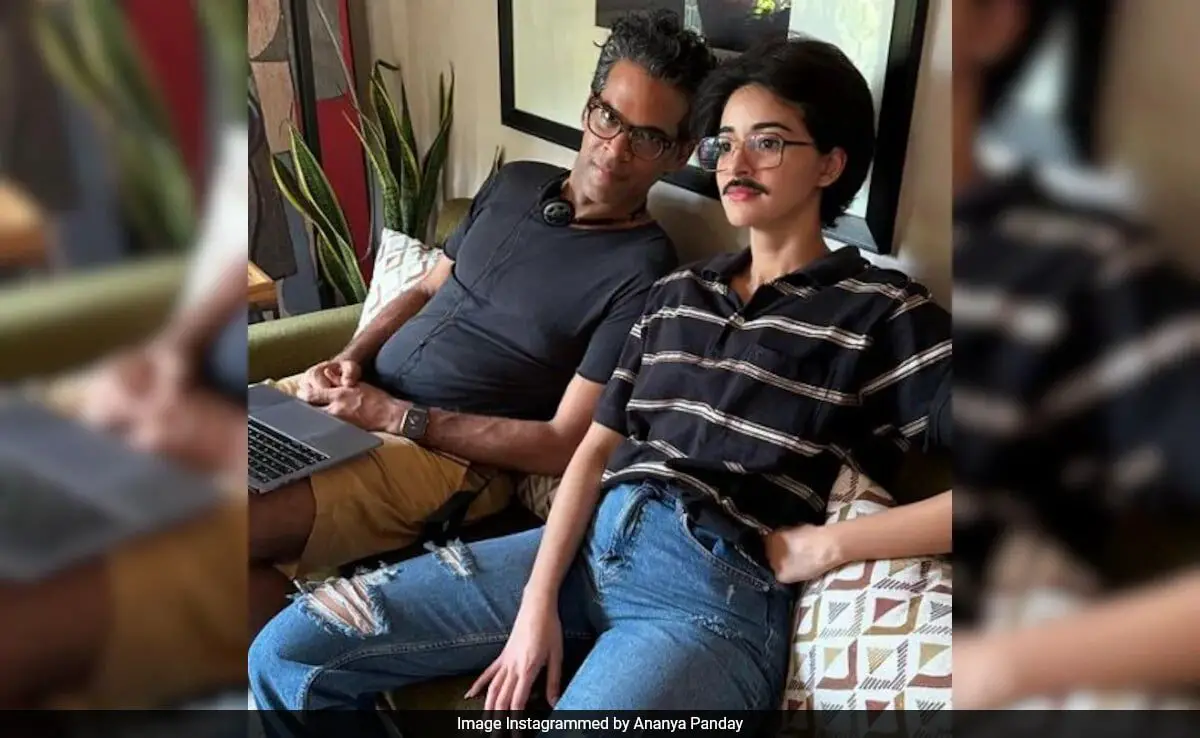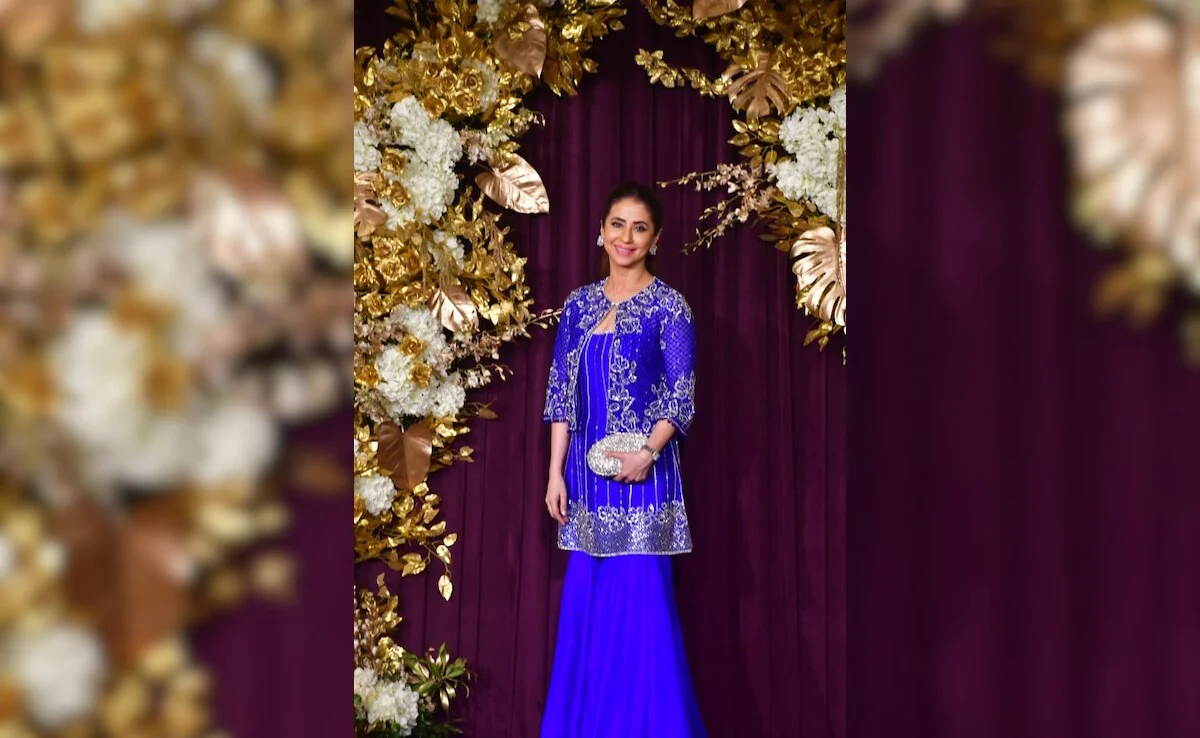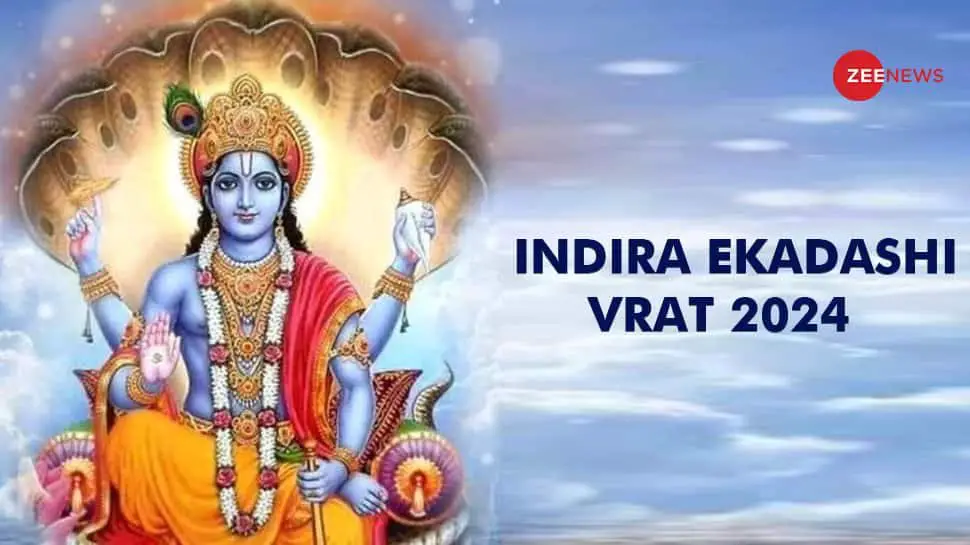New Delhi:
Ananya Panday, criticised for her starkid privileges, grabbed the headlines with her recent back-to-back performances in the Netflix originals Kho Gaye Hum Kahan, Call Me Bae and CTRL. Director Vikramaditya Motwane, who helmed Ananya in CTRL, praised her whole-heartedly in a recent interview with Mashable India. Vikramaditya called her a “secure” actor and also shared she’s not insecure about her glamorous look. Vikramaditya said, “(She is) not insecure about the way she looks, about her lines or about anything. That security is amazing to have in an actor. Kaam toh karti hai (She does work), rehearses a lot, works very hard, (is) very sincere…”
The director also recalled how Ananya followed his instructions while shooting for the film. The director shared that he asked the actress to “forget surroundings” as she had to shoot the whole movie while keeping her face in front of a laptop screen.
Earlier in an interview with News 18, Ananya talked about her struggles with imposter syndrome, “My imposter syndrome comes from something as simple as when someone says my name. During interviews and stuff, I feel like my name isn’t really mine, and it makes me feel like a third person. That pushes me to suddenly become like someone else. When I see myself on a billboard, I feel like it’s not me that I’m looking at. The same thing happens when I watch one of my films. I watch them like an audience member and forget that it’s actually me on screen,” said the actor.
CTRL explores the dark realities of the cyber world and how it can intrude into the private space of an individual. Apart from Ananya Panday, the movie stars Aparshakti Khurana, Vihaan Samat. The film was released on the streaming giant Netflix. In his review for NDTV, film critic Saibal Chatterjee wrote, “CTRL, in spirit and substance, reinforces Motwane’s proven penchant for turning an established genre on its head. He did just that in Trapped, Bhavesh Joshi Superhero and AK vs AK with varying degrees of success. Since these films were experiments with form and narrative conventions, their commercial (or critical) fate is immaterial.”




